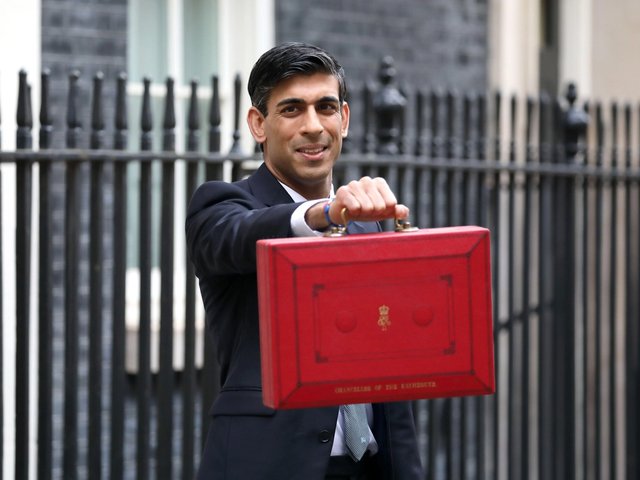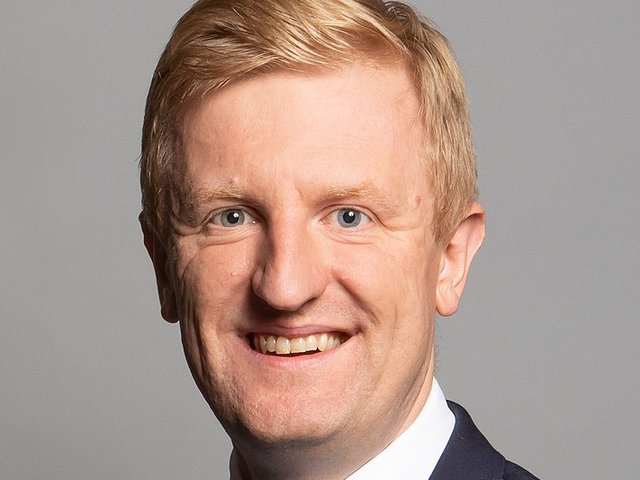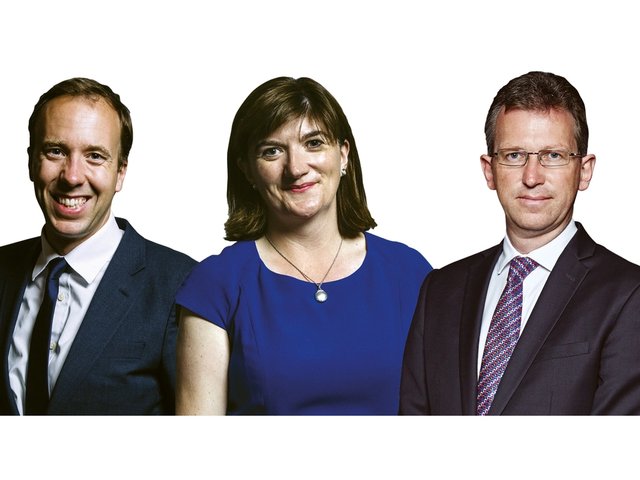Britain’s election has brought a set of new faces to the Department for Culture, Media and Sport (DCMS).
Tessa Jowell, formerly Minister for Employment, takes over from Chris Smith as Culture Secretary.
The Arts Minister is Lady Blackstone, once a university professor.
Both women were involved in the field of social policy before going into national politics, and they are expected to stress the importance of “access” to the arts.
Richard Caborn is the Sports Minister and Dr Kim Howells is a Parliamentary Under Secretary, responsible for tourism, film and broadcasting (he studied at Hornsey College of Art and is still a keen amateur painter).
Within hours of her appointment, Ms Jowell referred to her department as the “ministry of free time”, perhaps not the most positive of appellations (but nevertheless an improvement on a previous incumbent, David Mellor’s “ministry of fun”).
Soon afterwards she made her first public appearance, visiting Tate Modern to unveil Juan Muñoz’s installation “Double bind”. This was quite a coup for the Tate, but no doubt the new Culture Secretary was keen to be seen at the most successful millennium arts project.
Ms Jowell laid down her two main principles as “access and excellence”, which she insisted are not mutually incompatible. Initial signs are that she will be pursuing the broad policies laid down by her predecessor, who has been relegated to the back benches. Her predecessor, Mr Smith and his Arts Minister colleague, Alan Howarth, had come to be respected for their genuine commitment to the arts, and many in the cultural sector were sorry to see them leave.
During the election campaign there were speculative reports that DCMS might be abolished, with its functions dispersed to other departments, a move which would have effectively downgraded culture in the political hierarchy. DCMS has not only survived, but has been given a mixed bag of additional responsibilities: horseracing (including the Tote which regulates gambling), gambling, alcohol licensing, censorship and video classification, and plans for the Queen’s Golden Jubilee in 2003.
Another change is the departure of DCMS permanent secretary Robin Young, who took over last month at the Department of Trade and Industry. His replacement will be announced shortly.
Following the disastrous election result for the Conservatives, Michael Portillo now seems to be the frontrunner to take over from William Hague. Initially, Mr Portillo caused confusion by going on a cultural mission abroad: within hours of the closure of the polls, he jetted off to Morocco, to visit the Roman archaeological site of Volubilis, north of Fez. The group trip was a fundraising and publicity venture for the joint Moroccan government-University College London project to excavate later Arab remains on the Roman site. After a couple of days in the Moroccan heat, it was back to Britain and the Tory leadership contest.
Culture Secretary
Tessa Jowell, 53, was Minister for Public Health (1997-99) and Minister of State for Employment at the Department for Education and Employment (1999-2001). She has been Labour MP for Dulwich and West Norwood in south London from 1992, and before that was a psychiatric social worker and expert on social policy. Ms Jowell gives her recreations as gardening, reading, music and Italy. Speaking to The Art Newspaper about her personal interests in the arts, she admitted visiting the recent “Genius of Rome” exhibition at the Royal Academy six times. Her favourite painting was Caravaggio’s “Boy with a basket of fruit” from the Galleria Borghese, which she describes as “one of the most erotic pictures I have ever seen.” She also saw the Stanley Spencer show at Tate Britain three times, particularly enjoying the portraits of Patricia Preece, mainly nudes, which are “so unadorned”. Considering that she was fighting an election campaign, this represents an astonishing attendance record. Dulwich Picture Gallery is in her constituency and she is a regular attender at openings
The culture agenda
• Regional museums Resource (the Council for Museums, Archives and Libraries) has set up a task force on the regionals, which is due to report to DCMS in mid July. Although Ms Jowell will probably make a brief interim statement, she will have to come back later with a detailed response, possibly in September. Although she will want to help tackle the crisis facing regional museums, the difficulty will be finding extra money.
• National museums The problem of universal free admission was successfully resolved in the final month’s of Mr Smith’s reign, with all the charging museums now due to drop charges during the autumn. The only issue remaining is Tate Modern’s need for additional funding. Although the request has not been publicised, the Tate feels that with 5.25 million visitors in its first year, it needs extra financial help to run Bankside. It will be a request difficult to refuse.
•Arts Council Although not a direct DCMS responsibility, the recent decision to abolish the Regional Arts Boards has proved controversial. Originally the restructuring was due to have come into effect by the end of April, but following vociferous objections from the Regional Arts Boards the consultation has continued. As we went to press, a further Arts Council announcement was expected in late June.
•Built Environment “Power of Place”, a major English Heritage report on the historic environment, was published last December. DCMS have promised a detailed response, which is now expected later this month.
•European Capital of Culture Not of immediate concern, but DCMS has to publish a shortlist of British cities in autumn 2002, with the winner to be chosen by the prime minister in spring 2003. The British city will then take over in 2008, but by that time there will almost certainly be a new Culture Secretary...
Originally appeared in The Art Newspaper as 'Tate to Tote'




